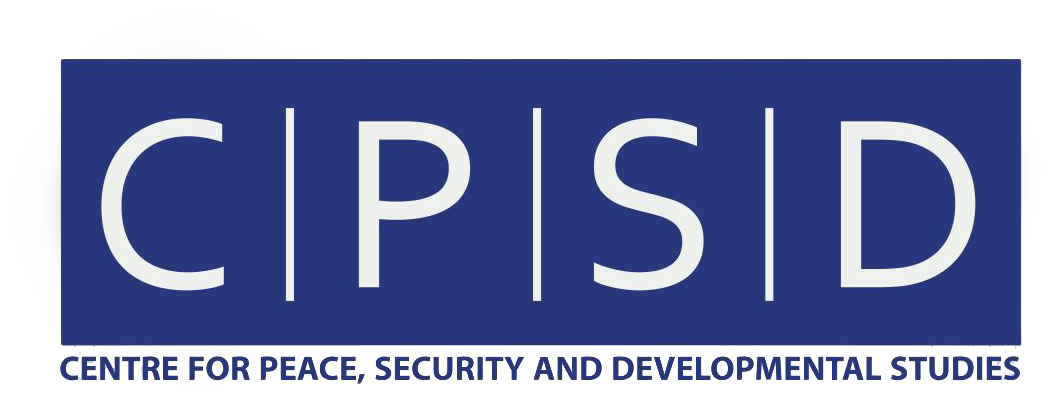Pakistan Changing Foreign Policy towards the US

Pakistan–US Relations: A Strategic Crossroads
Introduction
History reveals that Pakistan and the United States have had an uneven relationship. The U.S. established formal ties with Pakistan soon after its independence in 1947. In the aftermath of World War II, global geopolitics shifted dramatically with the emergence of the Cold War. Pakistan aligned itself with the U.S. and joined the anti-communist bloc—largely influenced by decisions of its political elite. While this alignment brought certain strategic advantages, many argue Pakistan could have also benefited from simultaneously engaging with the USSR.
Historical Milestones in Bilateral Cooperation
Islamabad has often consolidated foreign policy advice from Washington, playing a key role in pivotal geopolitical events. One notable example was Pakistan’s facilitation of President Nixon’s historic 1972 visit to China, an event that reshaped global diplomacy. Additionally, Pakistan’s involvement in the Soviet-Afghan War significantly advanced U.S. interests in the region.
Pakistan has long relied on U.S. support for aid and security, creating a complex dependency. Yet, both nations shared interests in ensuring national and regional security. As a frontline state in the Global War on Terror (GWOT), Pakistan suffered significant losses—nearly 80,000 lives—while combating militants domestically. The relationship was largely cooperative until President Trump accused Pakistan, via Twitter, of sheltering terrorists despite receiving billions in aid. This marked a turning point in the alliance, with Pakistan’s National Security Committee categorically rejecting the allegations.
UN Vote on Jerusalem and Fallout
Tensions escalated further following Pakistan’s vote against the U.S. declaration of Jerusalem as Israel’s capital. Pakistan co-sponsored a UN resolution condemning the move, contributing to a 128–9 vote against U.S. policy. Nikki Haley, U.S. Ambassador to the UN, expressed displeasure, while Pakistan’s UN representative Dr. Maleeha Lodhi defended the vote, emphasizing Pakistan’s foreign policy is based on principles, not aid dependence.
Dr. Lodhi strongly refuted Trump’s allegations, calling them factually incorrect and damaging to Pakistan’s dignity. Major General Asif Ghafoor also responded, stating that Pakistan was under no compulsion and emphasized the country’s sovereignty and military independence. He clarified that only $255 million was under discussion—not $3 billion, as claimed.
Deteriorating Trust and Strategic Divergence
Critics of Trump’s remarks pointed out that his administration overlooked Pakistan’s cooperation in fighting Al-Qaeda and allowing U.S. access to strategic regions. These sacrifices were made in pursuit of regional peace, not to gain favors. The aggressive and public nature of Trump’s accusations undermined mutual respect, leading to increased distrust and diplomatic strain.
Trump’s actions were also seen as a distraction from domestic controversies, particularly the FBI investigations into his campaign’s alleged collusion with Russia. From a neoclassical realism perspective, these foreign policy shifts reflect how domestic pressures and misperceptions about international actors influence national strategies.
Pakistan’s Policy Response
In response, former Prime Minister Nawaz Sharif advised the government to chart a new foreign policy course, minimizing dependency on U.S. aid. He criticized Trump’s rhetoric, reiterating that Pakistan has paid a high price since 9/11—economically, socially, and militarily. He also noted that the Coalition Support Fund was not “aid” but reimbursement for services rendered to U.S. forces.
The U.S. ultimately cut an estimated $2 billion in security aid to Pakistan. Ironically, this came as Afghanistan slid into deeper instability, with large swathes controlled by the Taliban and the Islamic State gaining ground. In such volatile conditions, sidelining Pakistan could prove detrimental to U.S. regional objectives.
Gwadar’s Strategic Value and NATO Requests
A new dimension emerged when NATO requested access to Pakistan’s Gwadar port—strategically vital to the region. Federal Minister for Maritime Affairs Hasil Bizenjo led the discussions. This move appeared contradictory: the U.S. continued vilifying Pakistan while seeking access to its critical infrastructure. Such inconsistency underscores Pakistan’s continued importance to global logistics and security.
Some analysts view this situation as a reversal of the Thucydides Trap. From a liberalist lens, Pakistan is essential for U.S. strategic interests, particularly in a changing world order.
Conclusion
The evolving Pakistan–U.S. relationship demands careful calibration. After enduring enormous costs in the War on Terror, Pakistan deserves recognition rather than reprimand. Trump’s impulsive statements have damaged mutual trust and respect.
With China as a primary strategic partner and the U.S. aligned with India, Pakistan must adopt a balanced and independent foreign policy. To secure its sovereignty, improve its global standing, and foster future alliances, Pakistan must uphold its dignity and act with diplomatic prudence. Cooperation—not confrontation—should guide the path forward.
